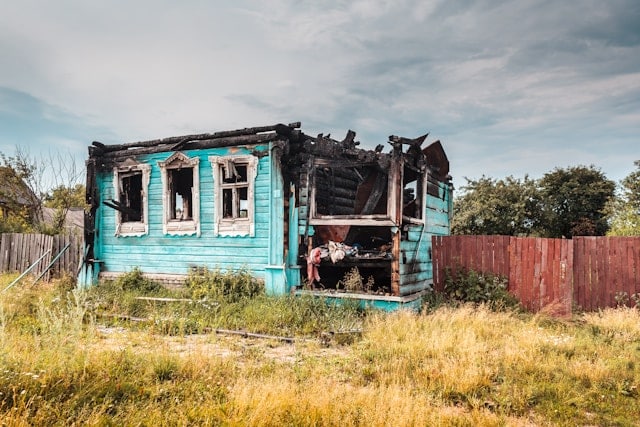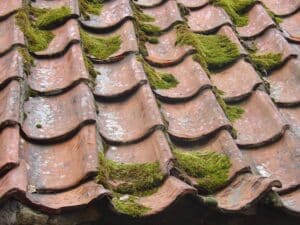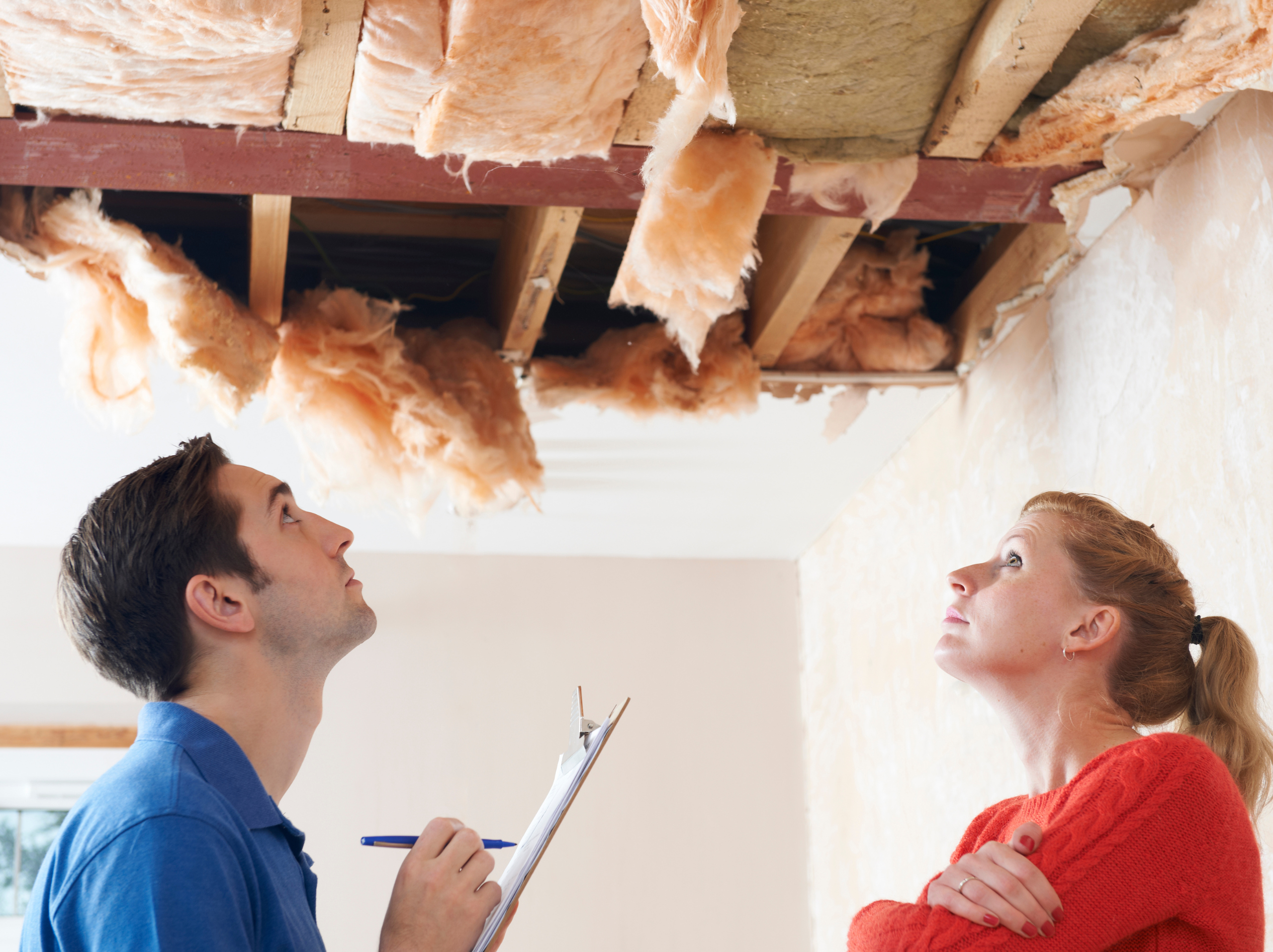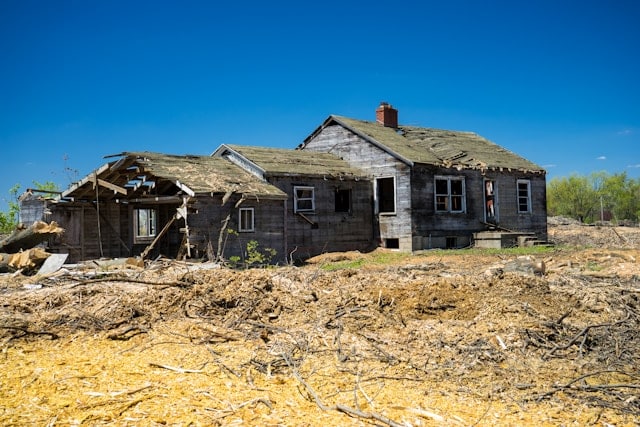Spring is here, and many households are embarking on the annual spring cleaning ritual. While the focus often lies on decluttering and tidying up, it’s also an opportune time to inspect your home for potential water damage and fire damage issues.
Catching these problems early can prevent costly repairs and safeguard your home and family. Here are some key areas to pay attention to during your spring cleaning routine.
Checking for Water Damage
- Inspect Your Roof: Start by examining your roof for missing or damaged shingles. Winter storms can loosen or dislodge roofing materials, leading to leaks. Look for signs of water stains on the ceiling or walls inside your home, indicating a leaky roof.
- Check Gutters and Downspouts: Clear debris such as leaves, twigs, and dirt from gutters and downspouts. Clogged gutters can cause water to overflow, leading to water damage to your home’s foundation, siding, and interior walls.
- Examine Plumbing Fixtures: Check for leaks around faucets, sinks, toilets, and showers. Even minor drips can indicate a plumbing issue that needs attention. Inspect pipes for signs of corrosion, rust, or bulging, which may signal a potential leak.
- Test Sump Pump: If you have a sump pump in your basement or crawlspace, ensure it’s in good working condition. Test it by pouring water into the sump pit and verifying that the pump activates and effectively removes the water.
- Inspect Appliances: Look behind refrigerators, dishwashers, washing machines, and water heaters for signs of leaks or water damage. Check hoses and connections for any wear
or deterioration and replace them if necessary.
Checking for Fire Damage
- Clean Chimney and Fireplace: Creosote buildup in chimneys can pose a fire hazard. Have your chimney professionally cleaned to remove soot and debris accumulated during the winter months. Inspect the fireplace for cracks or loose bricks that could allow sparks to escape.
- Check Electrical Systems: Inspect electrical outlets, switches, and cords for signs of wear, fraying, or overheating. Ensure that outlets are not overloaded with too many devices plugged in at once. Consider upgrading to arc-fault circuit interrupters (AFCIs) to prevent electrical fires and fire damage.
- Test Smoke Detectors and Carbon Monoxide Alarms: Replace batteries in smoke and carbon monoxide detectors and test them to ensure they’re functioning correctly. These devices are crucial for early detection of fires and carbon monoxide leaks.
- Clear Clutter and Flammable Materials: Remove clutter from around heaters, furnaces, and other heat-producing appliances. Reduce the risk of fire damage by keeping flammable materials such as paper, clothing, and cleaning supplies away from sources of heat to reduce the risk of fire.
- Inspect Dryer Vent: Clean the lint trap in your dryer and inspect the vent hose for any blockages. A clogged dryer vent can not only reduce efficiency but also pose a fire hazard due to the buildup of lint.
Safeguard Your Home with These Spring Cleaning Tips
By incorporating these tips into your spring cleaning routine, you can identify and address potential water damage and fire damage issues before they escalate into major problems. If you happen to experience any form of damage, don’t despair. Contact 24 Hour Flood Pros for all your restoration needs. Their highly skilled technicians are available around the clock to assist you in your time of need.
And remember, proactive maintenance is key to keeping your home safe and sound throughout the year!





